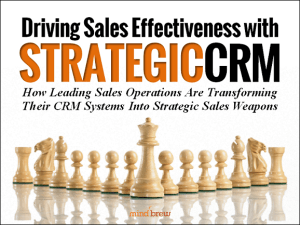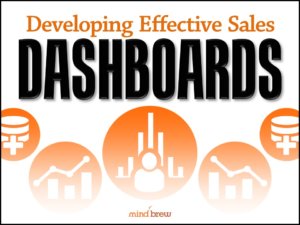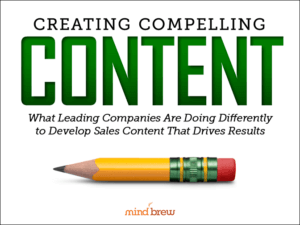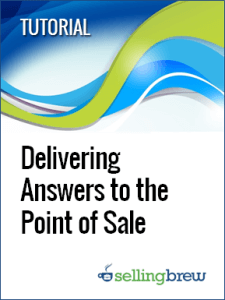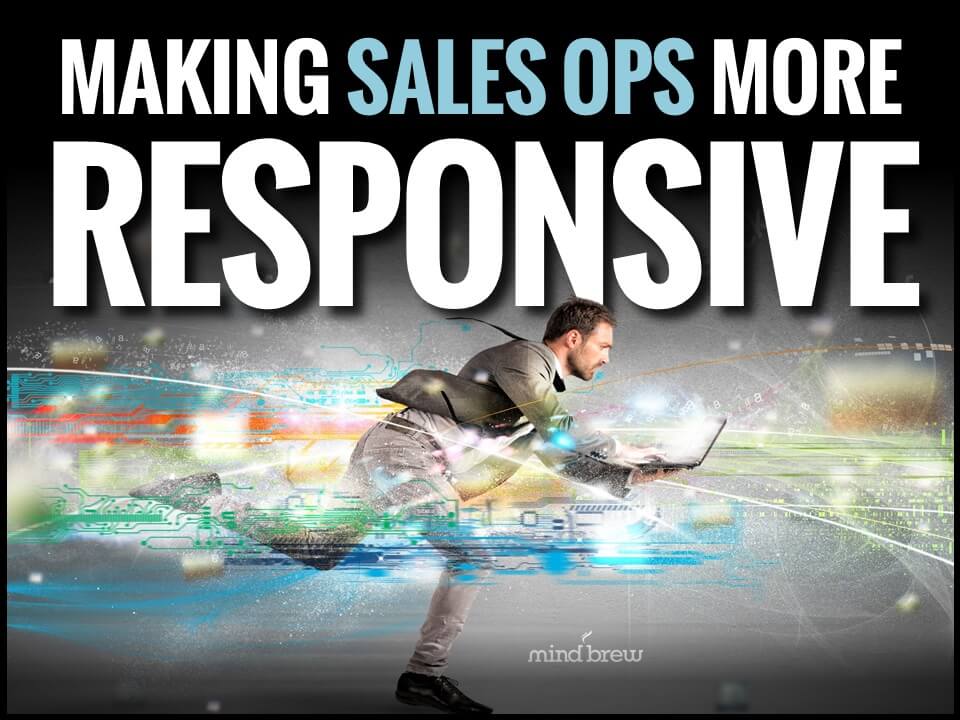All of us humans use mental “constructs” or “frames” to define situations and determine how we’re going to deal with them. Flipping it around, our actions in any situation are largely governed by the construct or frame we’ve used to define or categorize that situation.
If someone I don’t recognize is approaching me on the street, I’m going to treat them very differently if I frame them as a “mugger” rather than a “Good Samaritan, telling me I left my coffee cup on top of my car after feeding the parking meter”.
Or, if I use the mental construct of a “cage match” to define a business negotiation, I’m going to behave differently and take different actions than if I viewed the negotiation process as a “game” or a “chess match” (checkers, in my case).
Changing the frame or using a different construct is a very powerful mechanism for driving different actions and producing very different results.
For example, companies providing complex and transformational business solutions will very often generate improved results by reframing their “selling” process as being more akin to a “change management” process. And instead of using a “salesperson” construct to define their role…with all the baggage that may carry…reps might be encouraged to think of themselves as “change agents”.
By using different constructs and frames, these companies are enabling their team members to gain a different and more accurate perspective on the situation and adjust their behaviors and actions in the field accordingly.
So…what if we used a different mental construct for CRM? What if we stopped thinking about “CRM” and started thinking about “GPS”? What if we framed our work on CRM as “developing a GPS for Sales”?
Under this “GPS for Sales” construct and framing, we’d be working toward a system that could tell our sales reps and managers:
- Where they are right now, relative to where they need to be at the end of the period—current booked-versus-target, quota attainment levels, etc.
- Whether or not their current course and speed are going to get them there on time—opportunity probabilities, close-date estimates, etc.
- Alternative routes that could get them to the destination much more efficiently—targeting guidance, opportunity prioritization, etc.
- Where there are problems to avoid or corrections to make—follow-up intensity triggers, buy-cycle warnings, stage-duration alerts, etc.
- Exactly what to do and where to turn—populated “to do” items, high-probability cross-sells/up-sells, opportunity-based playbooks, etc.
And just like the GPS in our cars and on our phones, the system we’d develop would respond to changes in real-time, while presenting the information in an extremely intuitive fashion that requires very little training.
In short, this seemingly simple change of framing…swapping one three-letter acronym for another…could make all the difference between building a glorified Rolodex and building a system that guides each of our sales reps…turn by turn…to a much more lucrative destination.

